In episode 6, host Nancy Chung interviews Kimberley Gorelik, Director of Strategy for WeAreTeachers.com and author of Hacking Parenthood, available on Amazon. Nancy and Kimberley discuss the benefits of family engagement in students’ learning.
Benefits of Family Engagement
Schools are not just places of education; they are also second homes and safe spaces for students. When learning at home is nurtured simultaneously, students thrive and succeed in the classroom.
Kids in the classroom felt like I cared about what they did. I made sure to say, oh, your dad was away on business, is he back yet? Or your mom’s away on business, is your dad remembering to make breakfast? What kind of breakfast does he make? Just noticing those kinds of things helps kids feel like they go home somewhere.
Kimberley Gorelik
1. Academic Success
Research shows that when parents are actively involved in their child’s education, students are more likely to achieve higher grades, have better attendance, and develop a positive attitude toward learning. This involvement can include helping with homework, volunteering at school, attending parent-teacher conferences, and participating in school activities.
2. Improved Behavior
Parents engaged in their child’s education create a sense of accountability and responsibility. Students are more likely to exhibit positive behavior, follow rules, and respect their teachers and peers. This positive behavior extends beyond the classroom and can have a lasting impact on their overall development.

3. Increased Motivation
Family engagement plays a crucial role in motivating students to succeed academically. When parents show interest and support in their child’s education, it boosts their self-confidence and encourages them to set higher goals. This motivation translates into a stronger work ethic and a desire to excel in their studies.
4. Enhanced Communication Skills
Regular communication between parents and teachers fosters a collaborative learning environment. It allows parents to stay informed about their child’s progress, strengths, and areas for improvement.
If someone asked me the number one thing that could get parents more involved, it’s to send a note or make a phone call home to say something that you’re proud of their child doing or they should be proud of their child doing. Because once they think that you see their child for who they are and you appreciate them, then they’re more likely to want to get involved.
Kimberley Gorelik
This open line of communication also enables teachers to gain valuable insights from parents, leading to a more holistic understanding of the student’s needs.
5. Stronger Parent-Child Bond
Family engagement in education strengthens the bond between parents and their children. By actively participating in the learning journey, parents demonstrate their love, support, and commitment. This bond not only enhances the child’s emotional well-being but also creates a foundation for lifelong learning and success.
If a parent asks, ‘What was your favorite part of the day,’ unfortunately it’s a little like bringing a toddler into Target and saying you can have whatever you want. There’s just too much. So it’s great to be able to say something like, ‘The hot lunch looked like something you’d like. Did you pick that today? Or did you get and sandwich, and why?’ Those are some of the kinds of things that I think parents would love to know how to ask their kids.
Kimberley Gorelik
Active parental participation in education has far-reaching benefits and plays a vital role in student learning. By recognizing the importance of family involvement, schools can create a collaborative and nurturing environment that empowers students to reach their full potential.

When children go to school, it’s not uncommon for everyone in the family to feel the need to adjust to accommodate the new person who comes home each day. Kimberley Gorelik’s great passion is to help teachers and families communicate better with each other and learn how to support children going back and forth between home and school each day. To that end, she wrote the book Hacking Parenthood, part of the Hack Learning Series designed to help parents support school-aged children.
Her educational background includes an MS in Literacy Education from the University of Southern Maine and a BS in Elementary Education from Skidmore College. She’s currently the Director of Strategy for WeAreTeachers.com. She believes that hobbies build resiliency in the world. She lives in Maine.

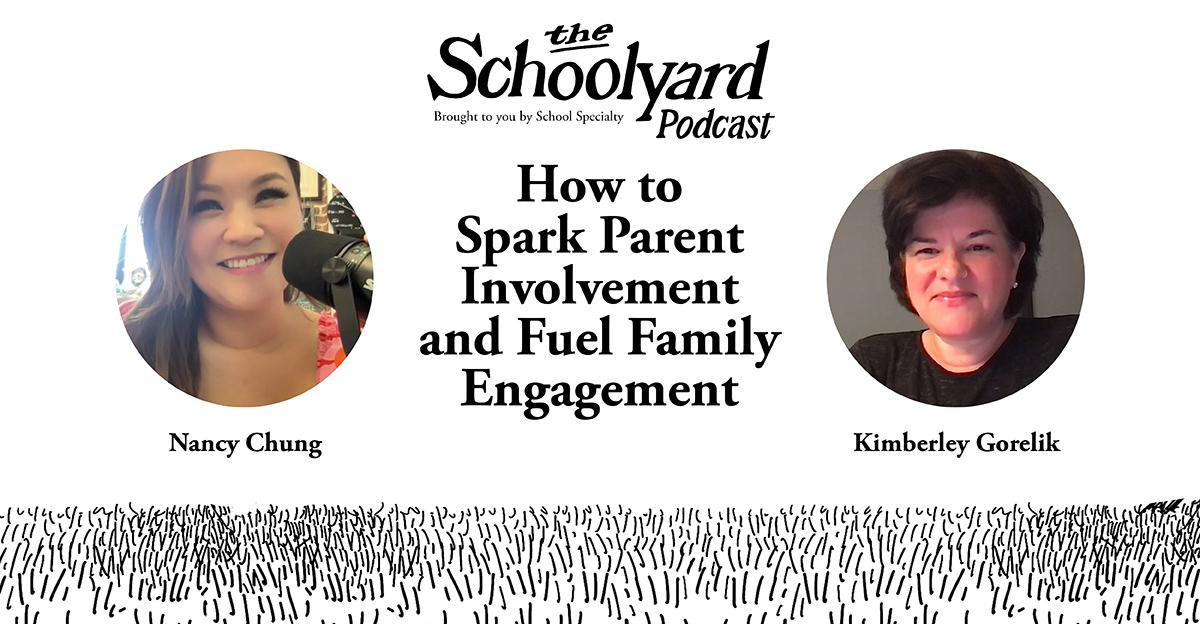
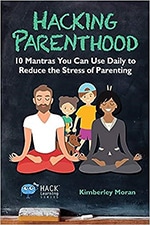
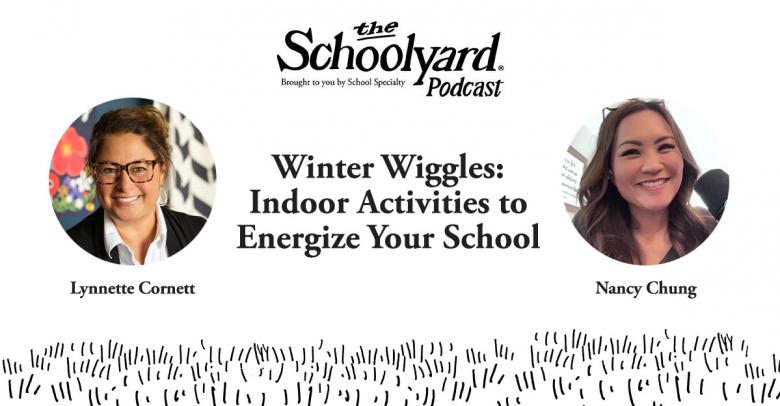
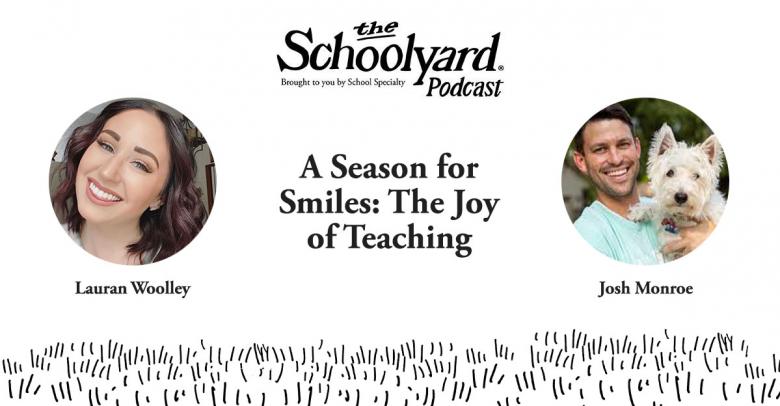
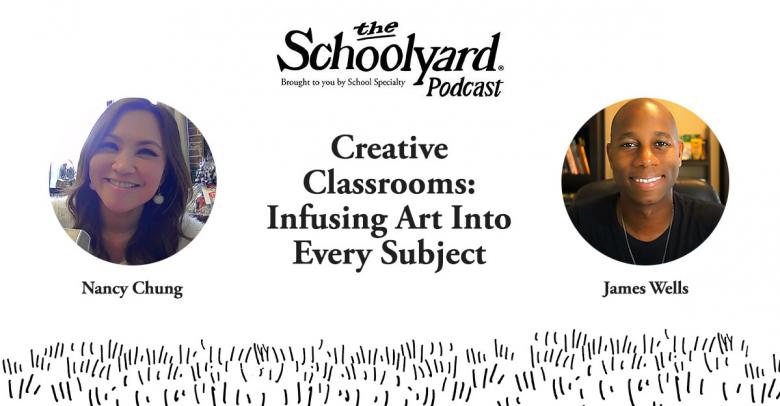

Leave a Reply